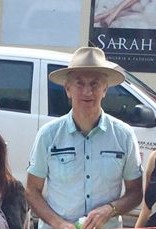 Welcome back to ‘Talk the Walk’ in 2018. Supervision goes under the microscope in this podcast episode with my guest, Barry Sullivan. Like many social workers, Barry came to the profession after more than 20 years in teaching. Arriving in Darwin in 1998, Barry started out in school counselling, before joining Relationships Australia where he has been ever since.
Welcome back to ‘Talk the Walk’ in 2018. Supervision goes under the microscope in this podcast episode with my guest, Barry Sullivan. Like many social workers, Barry came to the profession after more than 20 years in teaching. Arriving in Darwin in 1998, Barry started out in school counselling, before joining Relationships Australia where he has been ever since.
In episode 19, Barry demonstrates that you don’t necessarily need decades of direct experience working with Aboriginal people to offer a good reflective space for supervision. Barry’s narrative approach offers a respectful way for supervisees to reflect on their practice, using their own values, beliefs and principles.
Barry recently completed a Masters in Narrative Therapy and Community Work with a focus on ‘justice doing’ and its relationship to clinical supervision. Barry has supported a number of counselling staff in individual and group supervision including those working in remote Aboriginal communities in the Top End. The gentle and humble approach Barry takes in his work comes across in this warm conversation.
In this episode, we explore:
- What Barry has discovered is the biggest ethical dilemmas and the most common issues discussed in supervision by social workers in remote communities
- The approach Barry uses in supervision to support practitioners in working through ethical issues, looking through a cultural lens
- The history of Barry’s interest in justice and his research into justice-doing in supervision
- assisting supervisees to reflect on their own white privilege
- how conversations about justice-doing in the supervision room has influenced practitioners and their work with Aboriginal clients
- why Barry is attracted to the narrative approach to supervision and the principles behind this approach
- How Barry got started in the narrative approach to social work and counselling practice
- The childhood mentor that influenced Barry’s justice-doing in social work and how he intends to hold onto this principle in his future work
We apologise for the audio variability in this recording, but hopefully it does not distract from your listening pleasure. Enjoy!
To listen to this episode simply click on the Play button below or listen via the Stitcher App for iOS, Android, Nook and iPad.

You can also subscribe to podcast and blog updates via email from the Menu on the Home Page.
Don’t forget, if you or someone you know would make a great interview on ‘Talk the Walk’, send us an email from the Contact Page.
Things to follow up after the episode
Download Barry’s paper for the Masters of Narrative Therapy on ‘justice doing’ in supervision here
WRITTEN ESSAY NARRATIVE PRACTICE AND RESEARCH SYNTHESIS (1)
Writings by Vikki Reynolds
Contact Barry Sullivan at work on barry(at)ra-nt(dot)org(dot)au
or privately on barrysullivan96(at)yahoo(dot)com
Podcast: Play in new window | Download
Subscribe: RSS


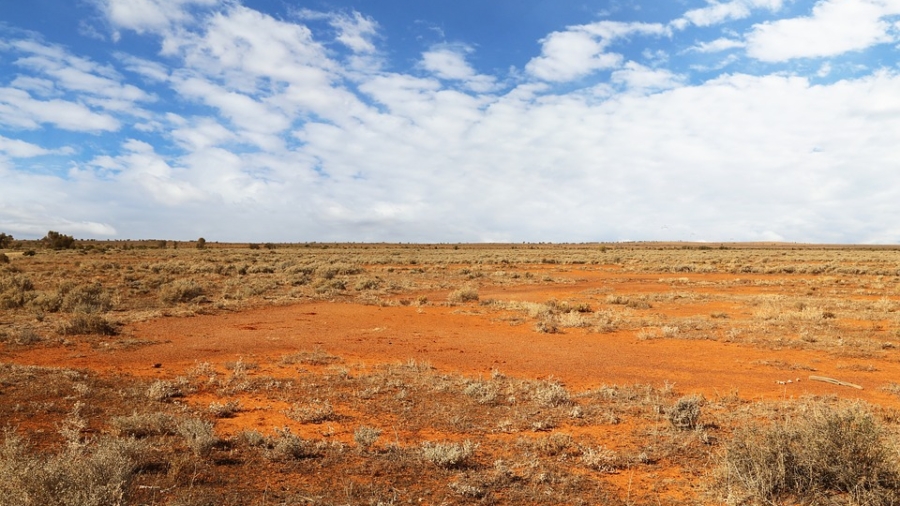
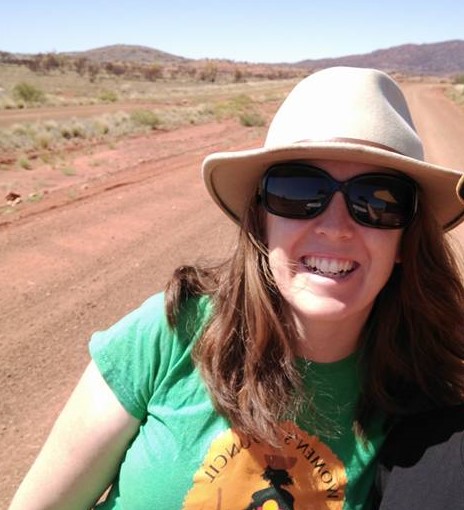 There’s something about the blue sky, the sparse landscape and the weaving of cultural stories that drew Louise O’Connor to Australia’s red centre. Far from her homeland of Ireland and not satisfied with the big city lights of Melbourne, Louise O’Connor packed up her meagre belongings and head to Alice Springs. She found herself working with the Ngaanyatjarra Pitjantatjara Yankunytjatjara Women’s Council as a Domestic and Family Violence Case Worker and hasn’t looked back. Since arriving, Louise has been drawn to narrative therapy as an approach for working respectfully with Aboriginal women. She now supports a team of case workers implementing the Council’s new domestic and family violence prevention framework developed in consultation with the Australian Childhood Foundation and the large group of women they support in the NPY lands. Louise brought with her a long history of case work with refugees and asylum seekers, youth and people at risk of homelessness or in crisis, both in Australia and Ireland. Louise’s passion for sharing stories and helping others tell theirs shines through in my conversation this week on ‘Talk the Walk’.
There’s something about the blue sky, the sparse landscape and the weaving of cultural stories that drew Louise O’Connor to Australia’s red centre. Far from her homeland of Ireland and not satisfied with the big city lights of Melbourne, Louise O’Connor packed up her meagre belongings and head to Alice Springs. She found herself working with the Ngaanyatjarra Pitjantatjara Yankunytjatjara Women’s Council as a Domestic and Family Violence Case Worker and hasn’t looked back. Since arriving, Louise has been drawn to narrative therapy as an approach for working respectfully with Aboriginal women. She now supports a team of case workers implementing the Council’s new domestic and family violence prevention framework developed in consultation with the Australian Childhood Foundation and the large group of women they support in the NPY lands. Louise brought with her a long history of case work with refugees and asylum seekers, youth and people at risk of homelessness or in crisis, both in Australia and Ireland. Louise’s passion for sharing stories and helping others tell theirs shines through in my conversation this week on ‘Talk the Walk’.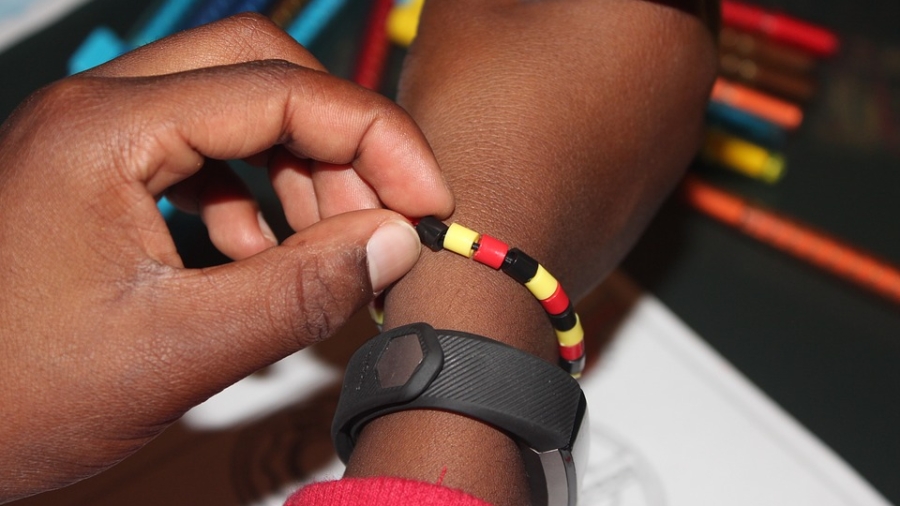
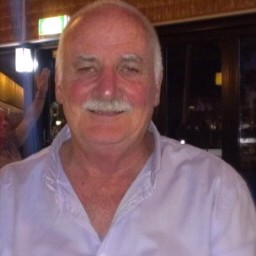 Today’s conversation on ‘Talk The Walk’ has many gems, but particularly for counsellors and social workers interested in developing an evidence based program that is also culturally safe. Doug Dunlop is a senior counsellor with the ‘Holding Children Together’ program based in Alice Springs and working with surrounding town camps. Doug is part of the team leading a rigorous evaluation process, developed and mentored by the Australian Childhood Foundation and a Cultural Advisory Group. In episode 17 of Talk the Walk, we also get a glimpse into the man behind the work; his historical roots, his life experience, the values and principles he brings to his trauma-informed, culturally-safe practice framework.
Today’s conversation on ‘Talk The Walk’ has many gems, but particularly for counsellors and social workers interested in developing an evidence based program that is also culturally safe. Doug Dunlop is a senior counsellor with the ‘Holding Children Together’ program based in Alice Springs and working with surrounding town camps. Doug is part of the team leading a rigorous evaluation process, developed and mentored by the Australian Childhood Foundation and a Cultural Advisory Group. In episode 17 of Talk the Walk, we also get a glimpse into the man behind the work; his historical roots, his life experience, the values and principles he brings to his trauma-informed, culturally-safe practice framework.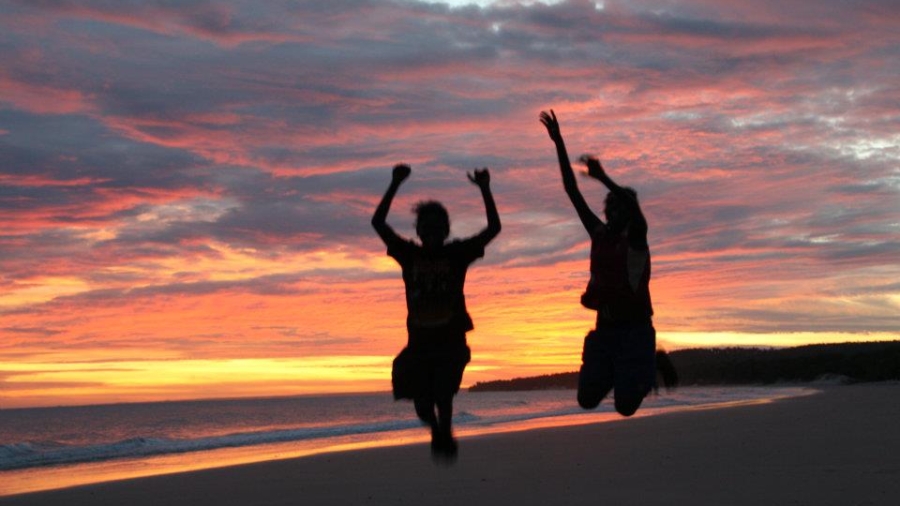
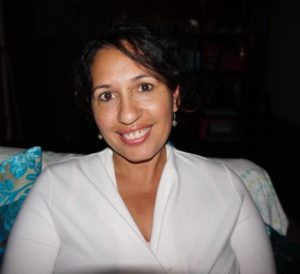 What a delight it was to be speaking with Tileah Drahm-Butler this week on ‘Talk the Walk’, about her journey into narrative therapy and her approach to working with Aboriginal and Torres Strait Islander people. Tileah’s passion for social work and giving Aboriginal people a voice shines through in this conversation. We also gain insight into the woman behind the work and the long list of inspiring women in her family that stand behind her.
What a delight it was to be speaking with Tileah Drahm-Butler this week on ‘Talk the Walk’, about her journey into narrative therapy and her approach to working with Aboriginal and Torres Strait Islander people. Tileah’s passion for social work and giving Aboriginal people a voice shines through in this conversation. We also gain insight into the woman behind the work and the long list of inspiring women in her family that stand behind her.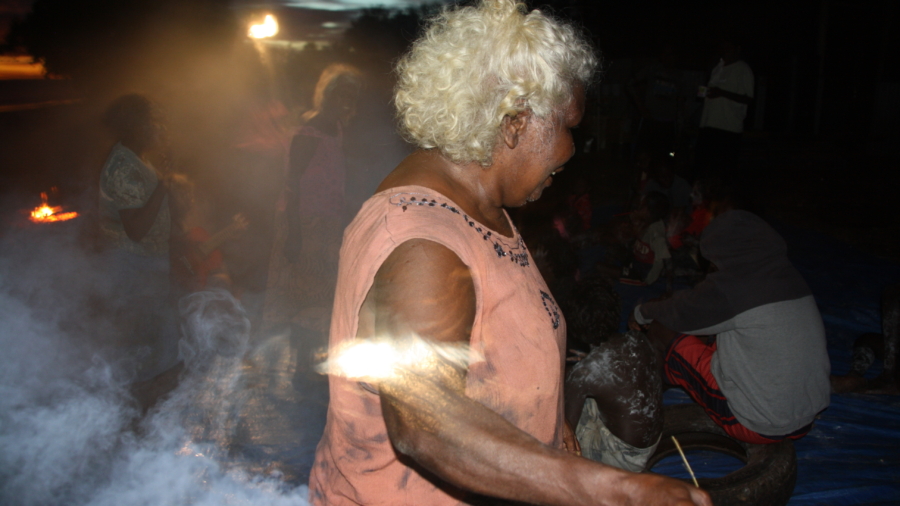

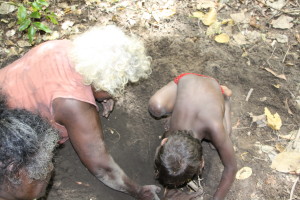
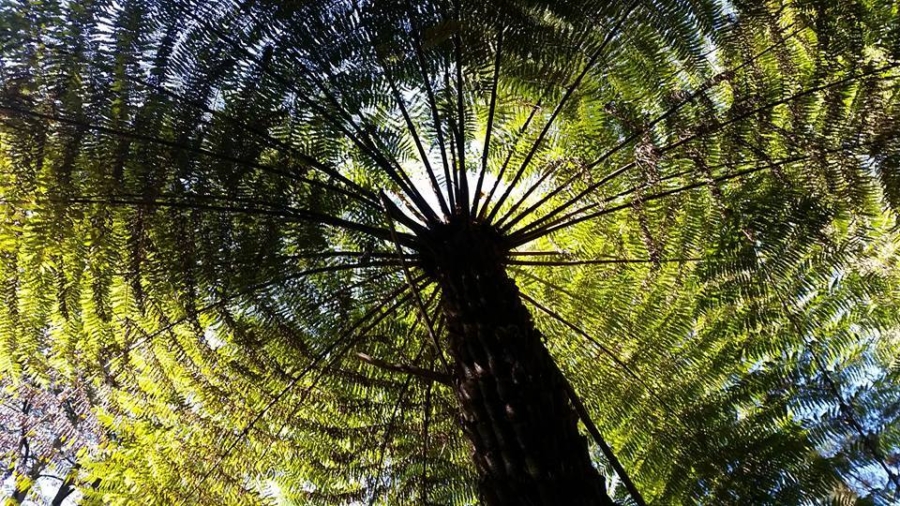
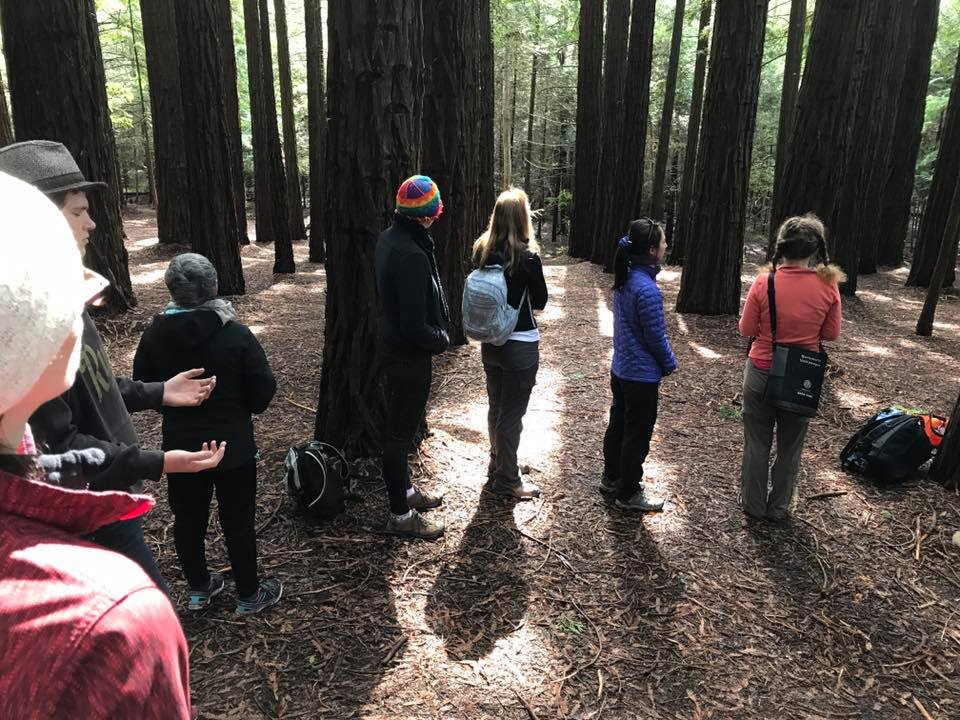
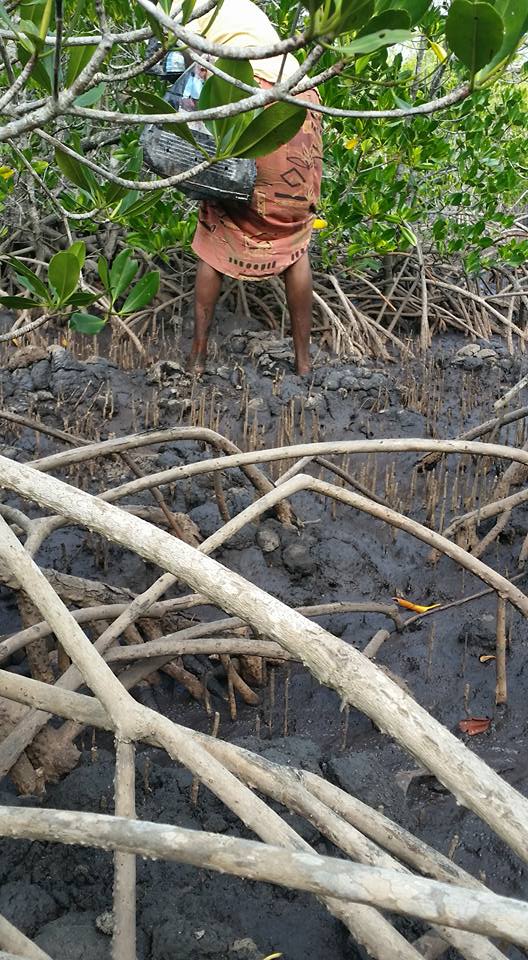
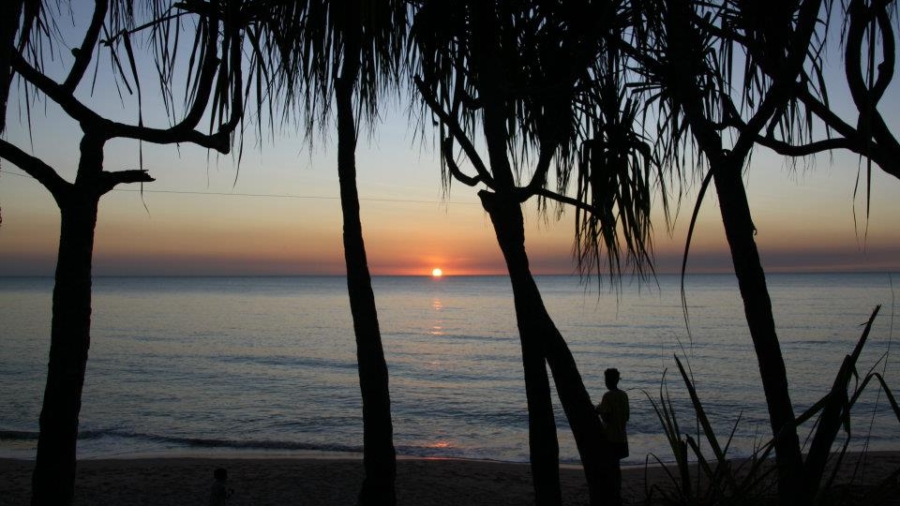
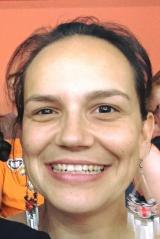 What’s it like to walk in two worlds, as a non-Indigenous social worker in a remote Aboriginal community, fresh out of university?
What’s it like to walk in two worlds, as a non-Indigenous social worker in a remote Aboriginal community, fresh out of university?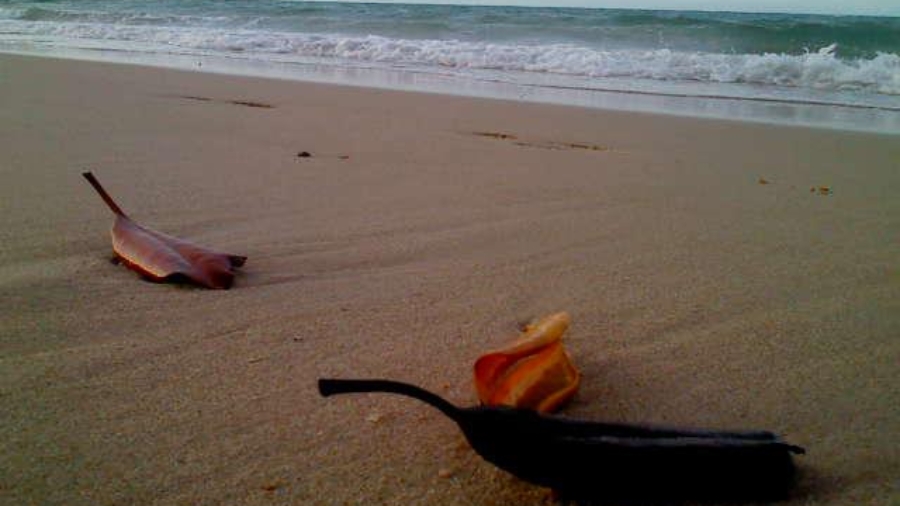
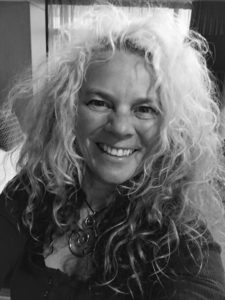
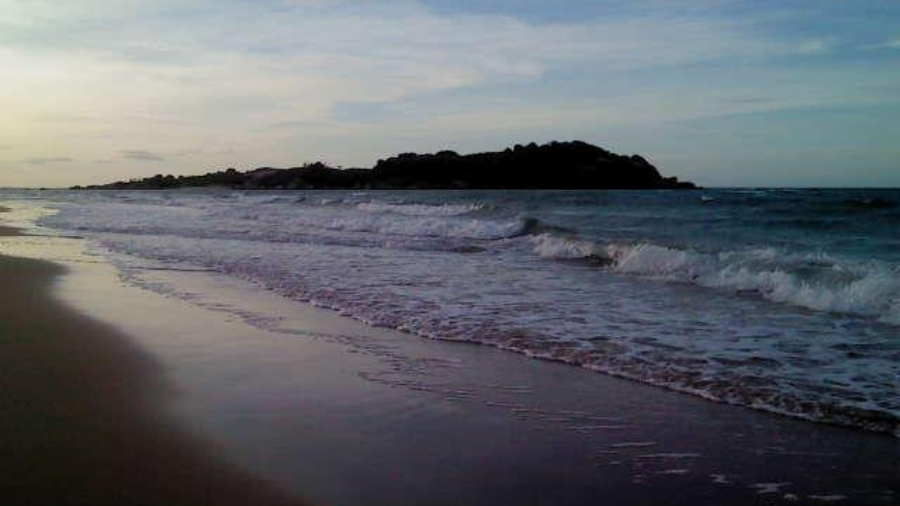
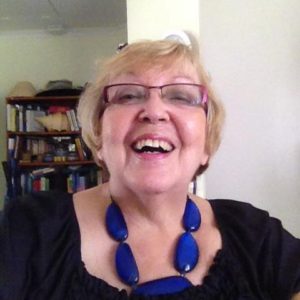 In Episode 8 of ‘Talk the Walk’ I speak with Lyn Whitford.
In Episode 8 of ‘Talk the Walk’ I speak with Lyn Whitford.
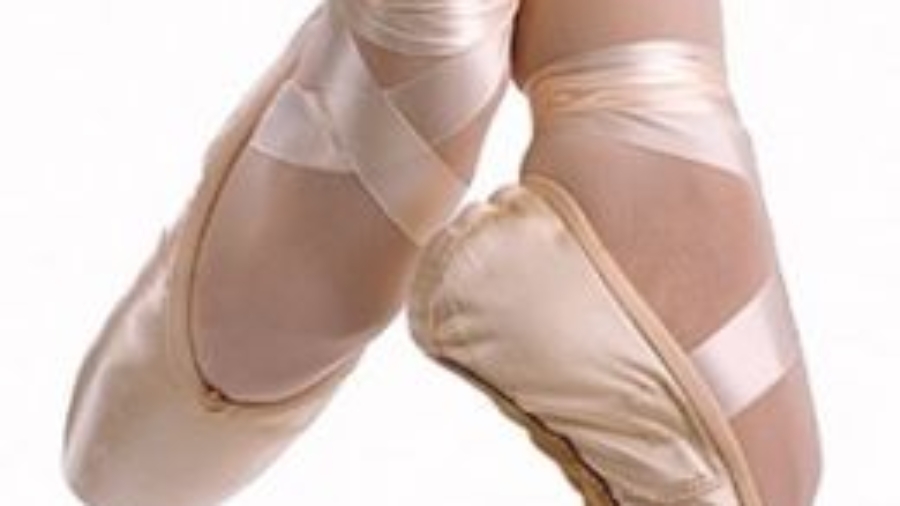
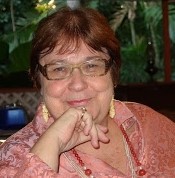 Get your dancing shoes on as we head into Episode 7 of Talk the Walk with Pamela Trotman.
Get your dancing shoes on as we head into Episode 7 of Talk the Walk with Pamela Trotman.